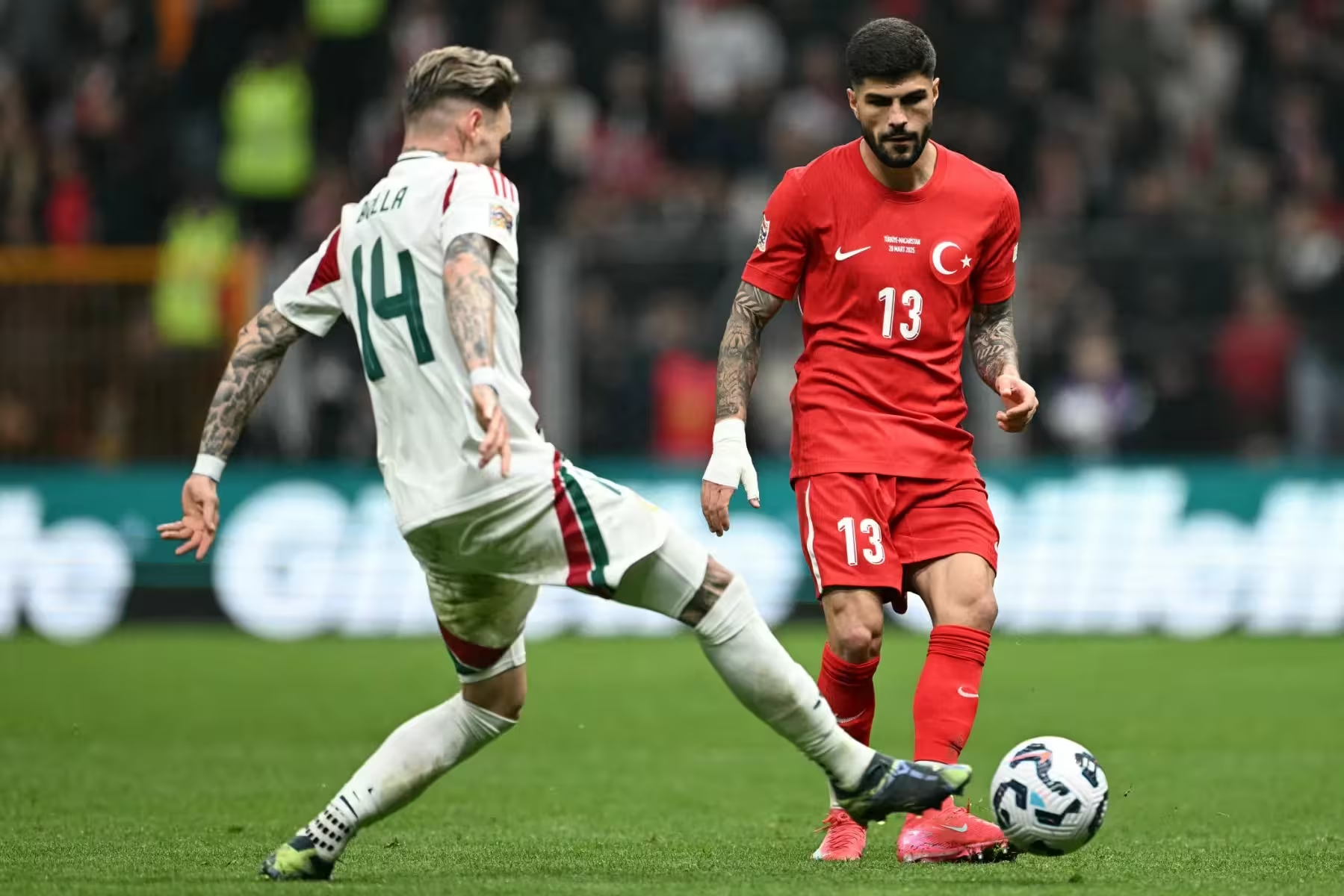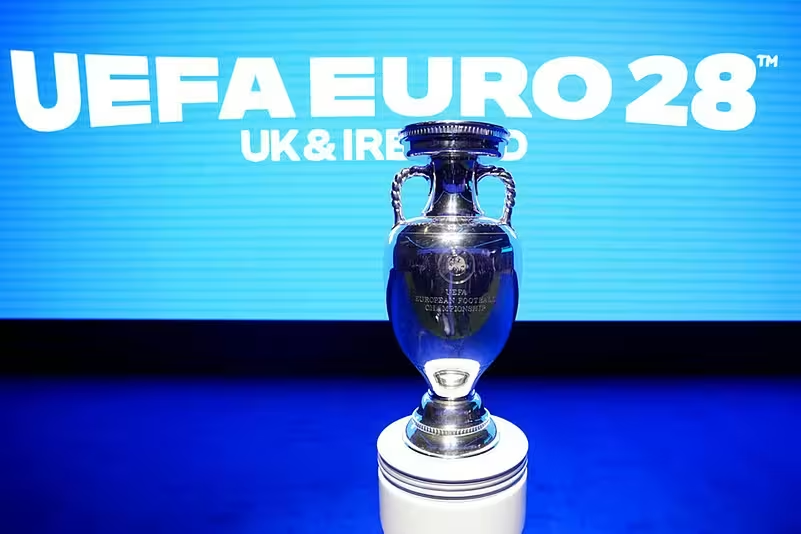Subtotal $0.00
Overview of the betting scandal
The Turkiye betting scandal has struck Turkish football with immediate and lingering effects. The Turkiye betting scandal now involves 1,024 players who have been accused or suspended as investigators widen their probe. The sheer scale of the case underscores deep integrity concerns across the domestic game and raises questions about how thoroughly betting activity has penetrated club cultures at all levels. In the latest developments, the vast majority of those implicated come from the lower tiers, notably Lig 2 and Lig 3, highlighting vulnerabilities across the entire pyramid.
The Turkish Football Federation (TFF) has signaled seriousness about root-and-branch reform. In a move aimed at preserving competitive balance while investigations run their course, the federation publicly urged FIFA to open a transfer window. The proposal would allow clubs to adjust rosters in a controlled fashion, mitigating disruption to matches and sponsorship cycles. This request reflects a broader strategy to maintain continuity in Turkish football while maintaining accountability for those involved in betting-related misconduct. For more on international governance responses, see FIFA’s guidance and related governance resources.
As the case unfolds, the Turkiye betting scandal invites scrutiny of oversight mechanisms, the effectiveness of monitoring systems, and the trust of fans, broadcasters, and sponsors. Stakeholders are watching how the authorities balance due process with decisive disciplinary action. The coming weeks will shape timelines for suspensions, potential sanctions, and any reforms designed to restore integrity to Turkish football.
Outbound: FIFA and Turkish Football Federation are central to the evolving framework that surrounds the Turkiye betting scandal.
Scale of suspensions by league level
The official tally demonstrates a broad reach across Turkish football, with 1,024 players currently accused or suspended in connection with the Turkiye betting scandal. The lion’s share—about 911 players—are from Lig 2 and Lig 3, underscoring how deeply betting-related integrity issues run in the lower tiers. The remainder involves players from higher divisions, including the top flight, illustrating a layered problem that affects team composition at nearly every rung of the domestic ladder.
Breakdown by tier
- Lig 2 and Lig 3: 911 players (the vast majority)
- Süper Lig and 1. Lig (top two divisions): a smaller cadre of cases
- Other leagues and regional competitions: ongoing investigations and announcements
The breadth of suspensions has already begun to rewrite rosters and match plans. Several third-tier and fourth-tier matches were postponed as clubs reassessed squads and prepared for potential sanctions. This disruption demonstrates how the Turkiye betting scandal touches both competitive integrity and day-to-day operations. The combination of suspensions and postponed fixtures creates a domino effect on player development, youth pipelines, and community engagement around the national leagues.
Outlook: as authorities continue to release lists of suspended players, the ecosystem will need clear protocols to handle player eligibility, replacement signings, and the quality of competition. The ongoing process will test the resilience of clubs’ financial models and youth development systems. For readers seeking context, governance bodies like FIFA and UEFA provide frameworks for integrity and transfer window management that shape how Turkish clubs may respond.
Impact on matches and leagues
The Turkiye betting scandal has immediate implications for match play and league stability. In the short term, several matches in the third and fourth tiers have been postponed or rescheduled as investigators parse player eligibility and team rosters. This disruption can erode fan confidence, affect broadcast schedules, and complicate sponsorship commitments that depend on a predictable calendar. Clubs face the complex task of maintaining competitive integrity while absorbing the shock of suspensions across their squads.
Beyond fixture disruptions, the case raises questions about squad strategies, scouting approaches, and sports medicine. Teams must consider how to navigate a rapid reload of rosters while ensuring compliance with stringent integrity standards. In this environment, clubs may recalibrate their transfer activity, youth promotions, and disciplinary education programs to prevent future breaches. The Turkiye betting scandal thus serves as a stress test for how Turkish football can keep fans engaged while upholding rigorous governance standards, with ongoing updates from the federation and regulators guiding the path forward.
Regulatory response and FIFA involvement
The Turkish Football Federation has taken an assertive regulatory stance in response to the Turkiye betting scandal. By requesting FIFA to open a transfer window, the federation aims to provide clubs with a controlled mechanism to adjust rosters as investigations proceed. This step is designed to minimize disruption to competition and ensure that teams can maintain balance even as suspensions affect player availability. FIFA’s involvement would offer standardized oversight and help align Turkish practices with global transfer norms.
In parallel, authorities are pursuing disciplinary actions, procedural reforms, and enhanced oversight to deter future violations. The Turkiye betting scandal invites debate about the sufficiency of current safeguards, including monitoring of betting markets, player education, and the transparency of investigations. If FIFA endorses or facilitates changes to window timing, Turkish clubs could implement structured, auditable adjustments that protect fan interests and preserve the integrity of the league system. Further updates from FIFA and TFF will be essential for understanding the scope of reform and the anticipated timelines for resolution.
Implications for Turkish football and reforms
The Turkiye betting scandal casts a long shadow over Turkish football’s reputation and long-term health. Integrity is central to attracting sponsors, television rights, and international partnerships. The breadth of suspensions highlights gaps in governance and enforcement that need to be addressed to restore confidence among supporters and investors. Reform discussions are likely to focus on clearer codes of conduct, enhanced monitoring of player activity, stricter penalties for violations, and more transparent reporting of investigations. The aim is not only to sanction wrongdoing but to deter future violations and rebuild the sport’s credibility.
Stakeholders warn that without meaningful reforms, Turkish football risks eroding competitive balance and fan trust. Strong leadership from the federation, collaboration with law enforcement, and alignment with international best practices will be crucial. As reforms take shape, leagues can implement robust audit trails, independent ethics committees, and regular educational programs for players and staff. The Turkiye betting scandal thus becomes a turning point, offering an opportunity to modernize governance and safeguard Turkish football’s global standing.
Next steps for clubs and players
Clubs now face practical steps to navigate the Turkiye betting scandal responsibly. First, clubs should conduct comprehensive roster reviews, ensuring compliance with all betting and integrity regulations. Establishing clear internal controls, appointing compliance officers, and delivering ongoing education for players and staff will help prevent future breaches. Clubs may also explore collaborative arrangements with regulators to enable transparent reporting and timely roster adjustments in line with any FIFA-backed transfer-window framework.
For players, the priority is due process and rehabilitation where appropriate. Legal representation and a clear understanding of disciplinary timelines are essential as suspensions unfold. As investigations progress, many players may seek temporary alternatives, such as loan moves or non-playing roles within clubs, to stay connected with the game while facing eligibility questions. The coming weeks will define how Turkish football integrates lessons from this crisis, rebuilds trust with fans, and returns to a stable, competitive cadence. The Turkiye betting scandal will thus shape policy, practice, and the game’s culture for years to come.
















